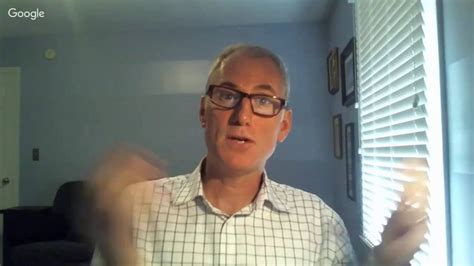A Quote by Ray Bradbury
I write all of my novels and stories, as you have seen, in a great surge of delightful passion. Only recently, glancing at the novel, I realized that Montag is named after a paper manufacturing company. And Faber, of course, is a maker of pencils! What a sly thing my subconscious was, to name them thus. And not tell me!
Related Quotes
Why do I like to write short stories? Well, I certainly didn't intend to. I was going to write a novel. And still! I still come up with ideas for novels. And I even start novels. But something happens to them. They break up. I look at what I really want to do with the material, and it never turns out to be a novel.
We read novels because we need stories; we crave them; we can’t live without telling them and hearing them. Stories are how we make sense of our lives and of the world. When we’re distressed and go to therapy, our therapist’s job is to help us tell our story. Life doesn’t come with plots; it’s messy and chaotic; life is one damn, inexplicable thing after another. And we can’t have that. We insist on meaning. And so we tell stories so that our lives make sense.
I've been thinking a lot about why it was so important to me to do The Idiot as a novel, and not a memoir. One reason is the great love of novels that I keep droning on about. I've always loved reading novels. I've wanted to write novels since I was little. I started my first novel when I was seven.I don't have the same connection to memoir or nonfiction or essays. Writing nonfiction makes me feel a little bit as if I'm producing a product I don't consume - it's a really alienating feeling.
I think a good story can do as much as a novel; not the exact same thing, of course, but just as much artistically. They're different beasts, but to tackle an expansive country like the United States, you're either going to write a big novel, or go in to various points on the map and write stories or poems.
My son is actually named after Beck, the musician. We heard Beck on the radio and thought that was a good nickname for a child. We named our son Beckett so we could call him Beck - we reverse engineered. And then after he was born and I saw the name on the birth certificate I realized Beckett was a really pretentious name, way too literary. Luckily he's grown into it. We nearly named my second son Dashiell. Can you imagine? Beckett and Dashiell. It would have been a disaster of pretentiousness.
I'm interested in such things as the difference between how we perceive the world and what the world turns out to be. The difference is between the stories we tell others and the stories we tell ourselves. There is a wonderful Russian saying, which I use as the epigraph of one of my novels, which goes, He lies like an eyewitness. Which is very sly, clever and true.
The present era grabs everything that was ever written in order to transform it into films, TV programs; or cartoons. What is essential in a novel is precisely what can only be expressed in a novel, and so every adaptation contains nothing but the non-essential. If a person is still crazy enough to write novels nowadays and wants to protect them, he has to write them in such a way that they cannot be adapted, in other words, in such a way that they cannot be retold.






































